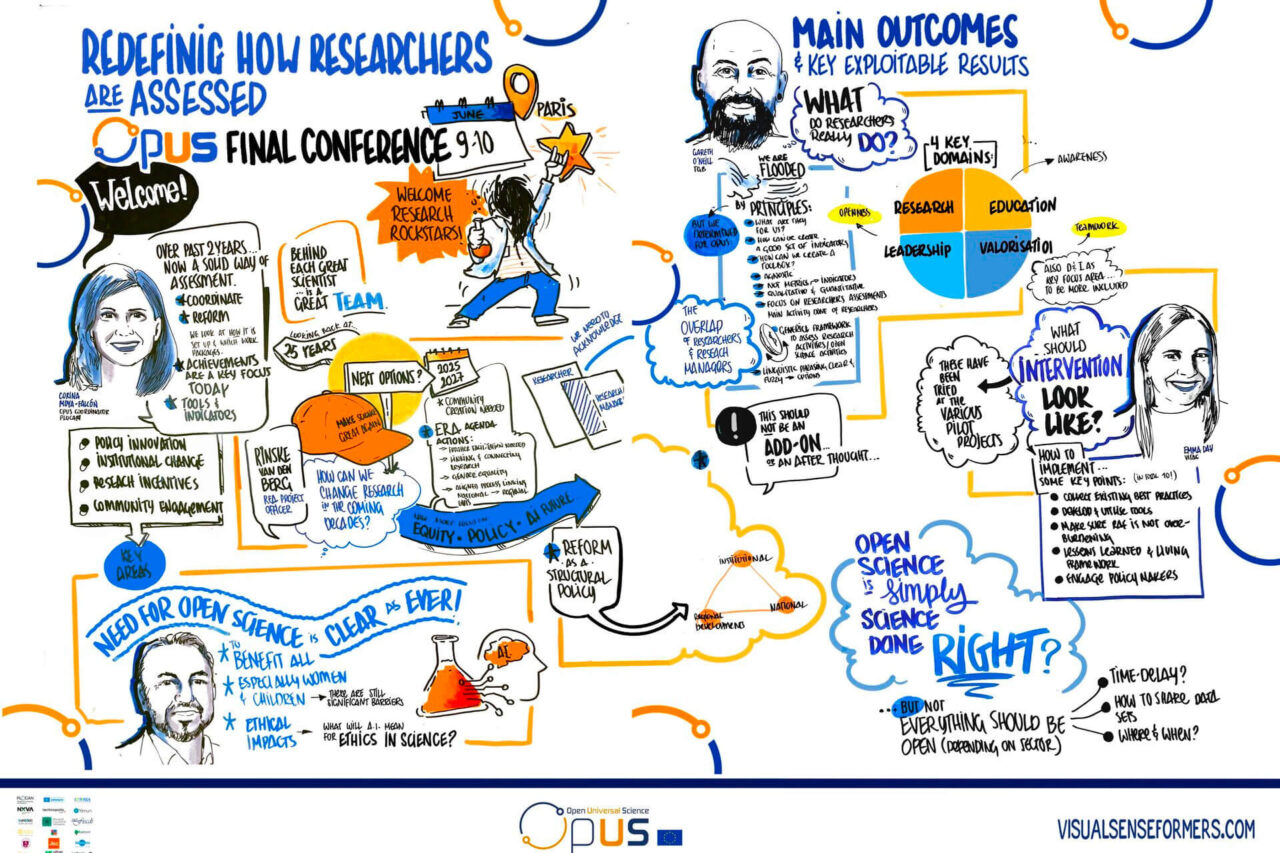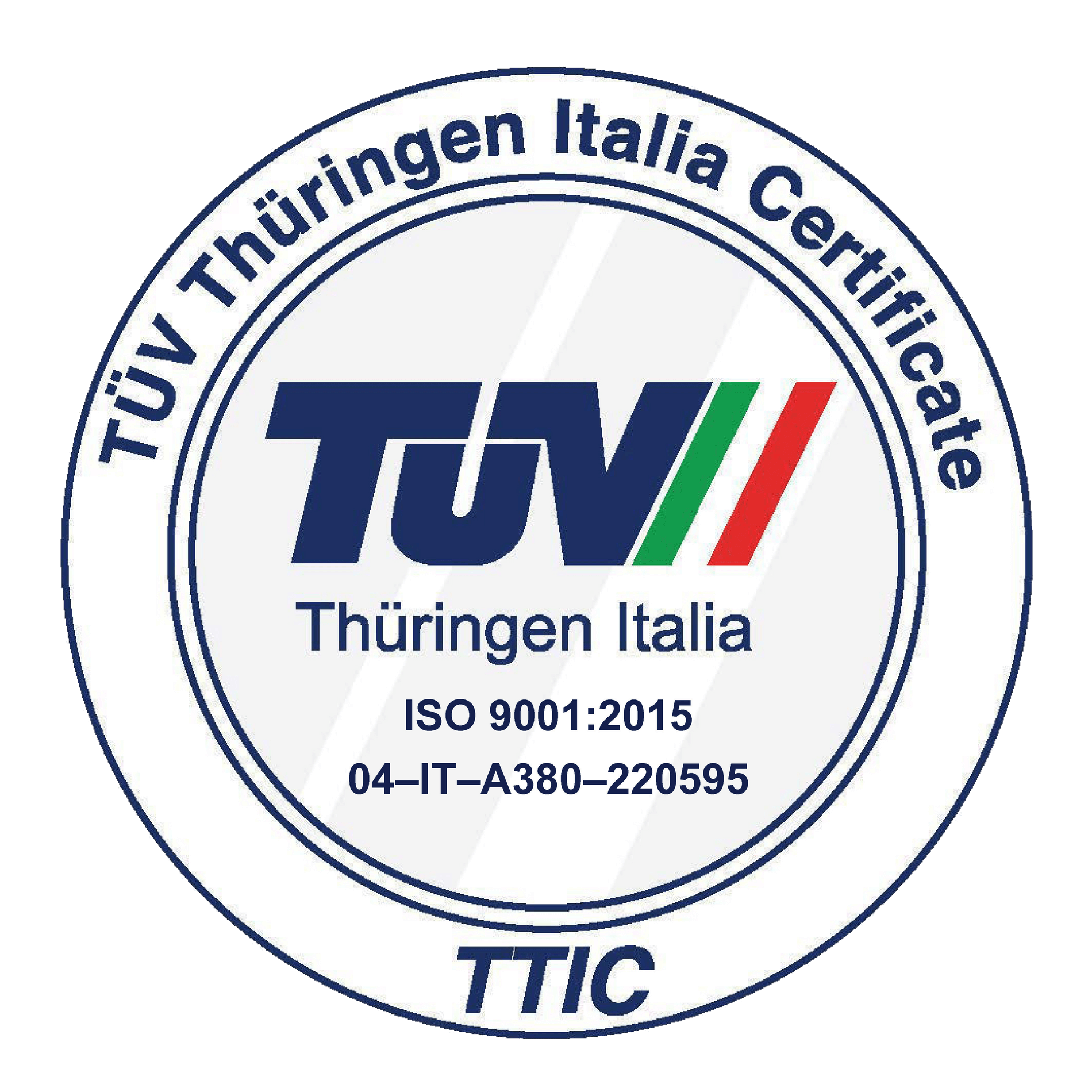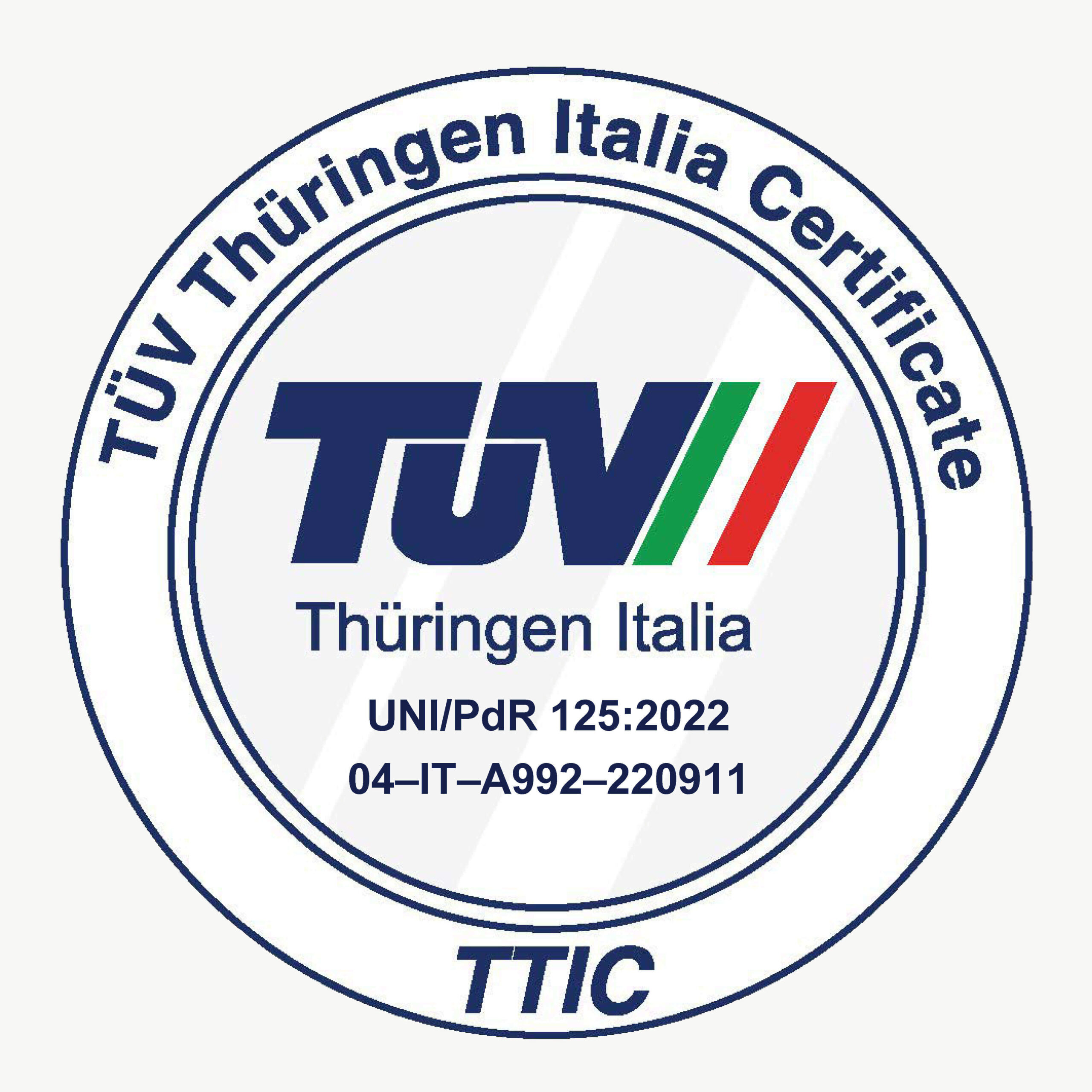The OPUS (Open and Universal Science) Consortium held its Final Conference at the UNESCO International Institute of Educational Planning (IIEP) in Paris on 9-10 July 2025, marking the culmination of a transformative journey to reform research assessment systems across Europe and beyond. This two-day event brought together researchers, policymakers, and institutional leaders to shape the future of Open Science and responsible research practices. As the European Research Area (ERA) marks its 25th anniversary, it’s clear that the journey is far from over.
The centrepiece of the conference was the presentation of the OPUS Researcher Assessment Framework. One of the main focuses was the development of framework of indicators to incentivise and reward open science. We identified four categories of specific interventions: policy, awareness, training, and resources. At the policy level, the process involves approving the piloting or adoption of indicators and interventions at the highest level, defining what will be piloted or adopted, developing policies and procedures, and then monitoring and evaluating.
Our framework was tested by pilot organisations that carried out significant work. The pilot programme involved five organisations, three Research Performing Organisations (RPOs) and two Research Funding Organisations (RFOs), which tested the RAF through tailored action plans and co-created strategies for meaningful reform. Each pilot organisation brought unique perspectives and challenges to the implementation process.
The 2021 UNESCO Recommendation on Open Science extends the vision of equitable and accessible science. In this context, the OPUS Policy Brief focuses on how to transition to open science at the institutional level, drawing on lessons from five OPUS case studies. The brief addresses cultural, structural, and policy-related challenges, identifying key barriers and offering recommendations for local, institutional, national, and global levels.
The OPUS Final Conference concluded with a panel on “Research Assessment and Open Science” brought together a formidable line-up of voices – policy architects, funders, academics, and early career advocates -to tackle the persistent disconnect between how research is assessed and how it ought to be done in the 21st century. While Open Science principles are gaining traction in policy, the reality remains fraught with resistance, inertia, and a striking misalignment between ideals and incentives.
Resolvo, as OPUS Project Manager, is proud to have taken part of this journey and to this final event that served as both as celebration of achievements and launching point for the next phase of research assessment reform, ensuring that Open Science becomes not merely an aspiration but the foundation of how research excellence is recognised and rewarded across Europe and beyond.
OPUS Final Conference official article: https://opusproject.eu/opus-news/opus-final-conference-key-learnings/


